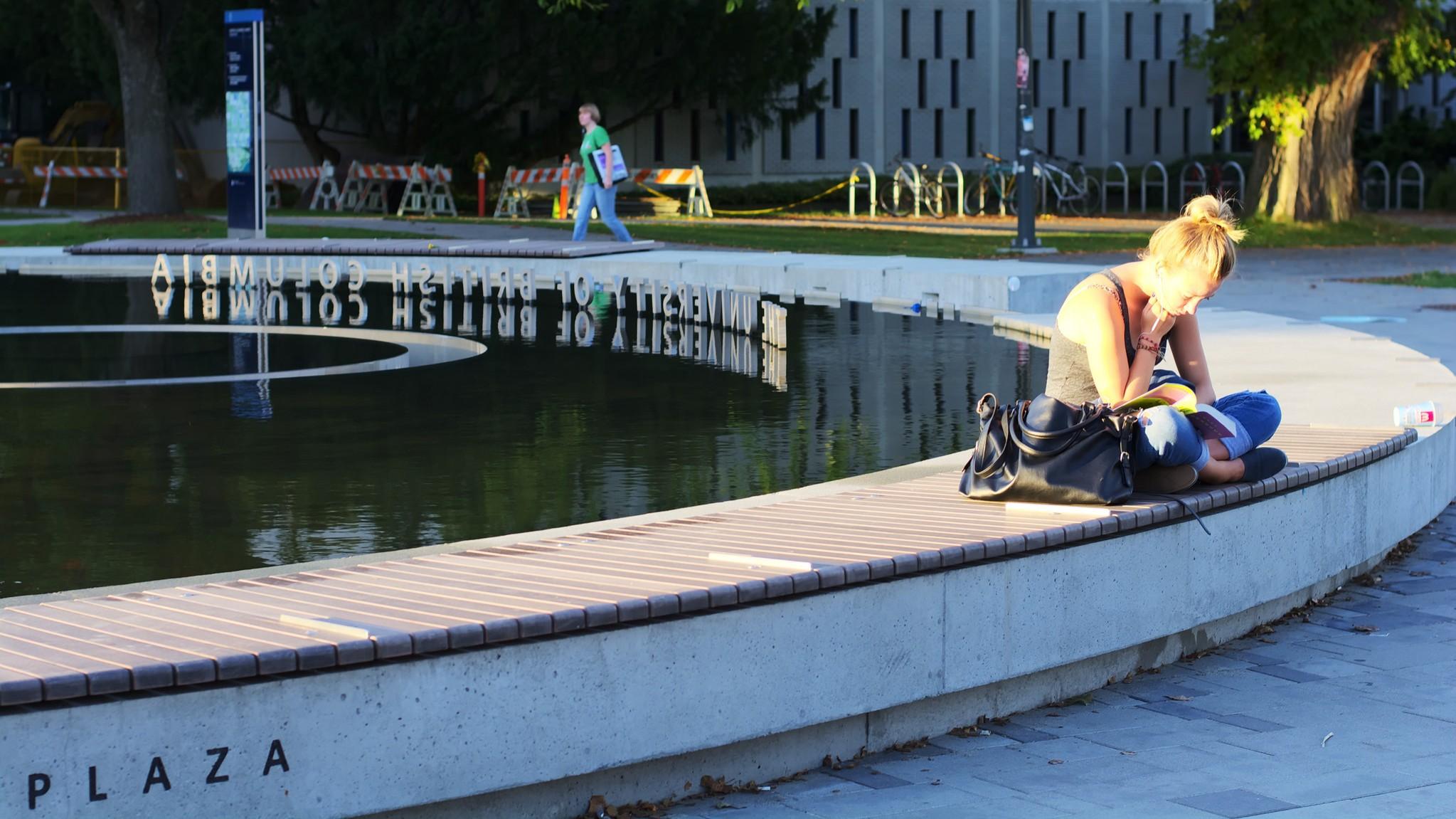University of British Columbia confirms draft sexual assault policy following student complaints
Student victim tells local media policy 'does not tell a victim what is going to happen' and 'will not encourage people to report'

Your support helps us to tell the story
From reproductive rights to climate change to Big Tech, The Independent is on the ground when the story is developing. Whether it's investigating the financials of Elon Musk's pro-Trump PAC or producing our latest documentary, 'The A Word', which shines a light on the American women fighting for reproductive rights, we know how important it is to parse out the facts from the messaging.
At such a critical moment in US history, we need reporters on the ground. Your donation allows us to keep sending journalists to speak to both sides of the story.
The Independent is trusted by Americans across the entire political spectrum. And unlike many other quality news outlets, we choose not to lock Americans out of our reporting and analysis with paywalls. We believe quality journalism should be available to everyone, paid for by those who can afford it.
Your support makes all the difference.A Canadian university has confirmed a draft sexual assault policy after its faculty openly admitted to having “serious problems” with its procedures earlier this year following on from student complaints.
The University of British Columbia (UBC) in Vancouver says it is aiming to articulate the commitments and principles it will adhere to, and the expectations the university has for the members of its community, with regard to sexual assault, including its commitment to supporting those who have been sexually assaulted.
The draft policy has come to light after the faculty admitted, and apologised, to students and the wider public after acknowledging issues with its sexual assault policies in an unprecedented open letter in January.
The move came as a result of a November 2015 investigative documentary programme report which claimed it took UBC more than a year and a half to act against a PhD graduate student “despite mounting complaints of harassment or sexual assault by at least six women on campus.”
With support to student victims under scrutiny, the draft policy - which was written by a 12-member committee of staff, faculty, and students, and presented at a meeting this week - defines the terms “sexual assault” and “consent,” sets out the commitments and principles UBC will adhere to with regard to sexual assault, and also defines the terms “disclosure” and “report”, clearly setting out the implications and effect of taking each of these separate steps.
One student who went public with allegations of sexual assault at UBC, Glynnis Kirchmeier, however, told CBC News the current process is broken and the draft policy does not fix the problems raised in her own complaint.
Kirchmeier said victims need a clear road map that outlines what will unfold after they report an attack, reports the site. She added: “This policy does not tell a victim what is going to happen and, as a result, will not encourage people to report.”
A spokesperson for UBC, however, told the Independent the university is “deeply committed” to supporting survivors of sexual assault, and ensuring its campuses offer a “safe and respectful” environment for students, faculty, and staff.
The spokesperson added: “All of us at UBC have a role to play in addressing the societal issue of sexual assault. This new draft policy is one important element of UBC’s multi-faceted approach to addressing sexual assault, which also includes education and awareness programs, focusing on intervention and prevention.
“The draft policy clarifies the current processes and policies when a student, faculty, or staff member brings forward a complaint of sexual assault. It provides clear direction and a coordinated approach to help complainants get the help and support they need.
“We look forward to hearing from all members of our community and working together as we consult on this policy and look for ways to improve our collective response to this issue.”
The draft policy will be open for public comment after it is submitted to the board of governors on 14 June.
Join our commenting forum
Join thought-provoking conversations, follow other Independent readers and see their replies
Comments